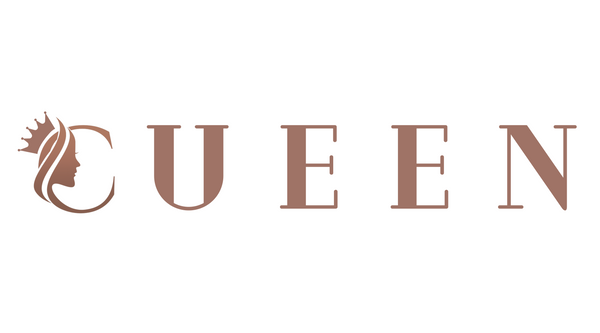When choosing a toothpaste, most people prefer to go for whatever promises fresher breath or whiter teeth. However, there’s a silent revolution happening in the field of oral care. Probiotic toothpaste is at the center of this revolution.
This product is designed not to kill bacteria indiscriminately, but to support the beneficial microbes in your mouth. So, how exactly does probiotic toothpaste compare to the regular formulas we've all grown up with? Let’s dive deep and break down the real differences—so you can decide if it’s time to upgrade your brushing routine.
What Is Regular Toothpaste Designed to Do?
Traditional toothpastes, including most drugstore brands, are built with broad-spectrum antimicrobial agents. Their primary goal is to eliminate the bacteria that cause cavities, plaque, and bad breath.
Common Ingredients in Regular Toothpaste:
> Fluoride – strengthens enamel and prevents decay
> Sodium lauryl sulfate (SLS) – a foaming agent that can irritate sensitive gums
> Triclosan or other antimicrobials – used to kill bacteria (now banned in some countries)
> Artificial sweeteners and dyes – used for flavor and appearance
> Abrasives – to scrub plaque and polish teeth
While these ingredients can be effective, they often function like antibiotics: killing both harmful and beneficial bacteria. This can create an imbalance in your oral microbiome and potentially worsen problems like bad breath, inflammation, or even downstream issues like digestive upset.
What Makes Probiotic Toothpaste Different?
Probiotic toothpaste flips the script. Rather than wiping out all bacteria, it introduces beneficial strains of probiotics and supports a balanced oral microbiome. The goal is not sterilization—but harmony.
Key Features of Probiotic Toothpaste:
> Contains live or stabilized probiotic strains (e.g. Lactobacillus reuteri, Streptococcus salivarius)
> Often free from harsh foaming agents like SLS
> Supports growth of beneficial bacteria, which naturally suppresses bad actors
> May include prebiotics to feed good microbes
> Gentler on enamel and gums, making it ideal for people with sensitivity or gum issues
The Oral Microbiome: Why It Matters
Your mouth is home to over 700 species of microbes, many of which are essential to your health. These microbes help:
> Regulate pH balance in the mouth
> Protect against pathogens
> Support immune signaling
> Begin digestion
When traditional toothpaste wipes these microbes out, it can trigger microbial imbalance, leading to conditions like:
> Gingivitis
> Chronic bad breath
> Oral thrush
> Even gut microbiome disruption
Probiotic toothpaste, on the other hand, helps restore and maintain a healthy oral ecosystem, giving your mouth the tools it needs to protect itself—naturally.
How They Compare: A Quick Breakdown
|
Feature |
Regular Toothpaste |
Probiotic Toothpaste |
|
Main Action |
Kills bacteria (good & bad) |
Supports good bacteria |
|
Microbiome Health |
Often disruptive |
Microbiome-friendly |
|
Sensitivity Risk |
Higher (SLS, abrasives) |
Low (gentler formulas) |
|
Common Ingredients |
Fluoride, SLS, triclosan |
Probiotics, prebiotics, herbal extracts |
|
Breath Freshening |
Immediate, short-lived |
Long-term improvement by reducing odor-causing bacteria |
|
Suitable for Children? |
Depends on fluoride content |
Often safer and gentler |
Is Probiotic Toothpaste Right for You?
If you deal with:
> Chronic bad breath
> Sensitive gums
> Mouth ulcers
> Or simply want a more natural, holistic approach to oral health
…then probiotic toothpaste could be a game-changer. It’s especially useful for people who have:
> Recently taken antibiotics
> A history of gum issues
> A strong interest in gut health or wellness products
It may take a week or two to see the full benefits, especially if you're switching from a harsh antimicrobial formula—but many users report healthier gums, fresher breath, and less mouth irritation within days.
The Bottom Line
Regular toothpaste focuses on fighting bacteria. Probiotic toothpaste works by supporting the right bacteria.
In an age where we're starting to understand the body as a connected ecosystem—where gut, mouth, and immune health are linked—probiotic toothpaste offers a forward-thinking alternative to traditional oral care.
If you’re looking to work with your body rather than against it, it might be time to rethink what’s on your toothbrush.

